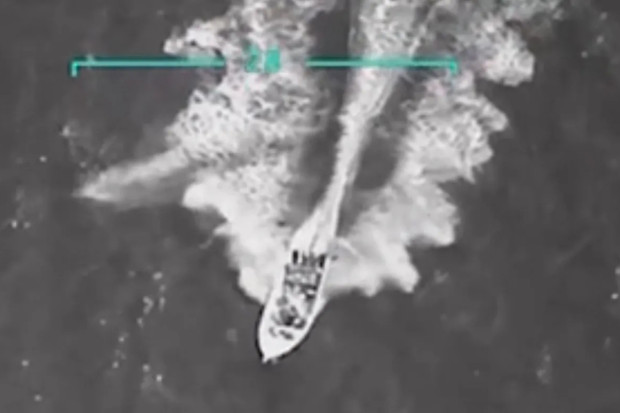
Following the announcement of controversial presidential election results in Venezuela, unrest erupted in the 23 de Enero neighborhood of Caracas, a usual stronghold of Chavismo.
Residents protested against President Nicolás Maduro declaring victory without showing supporting documentation, expressing their discontent through a cacophony of banging pots and pans.
The neighborhood, symbolic of the Bolivarian Revolution, is also under the watchful eyes of armed pro-government armed civilian groups known as colectivos, according to a new analysis piece by specialized outlet InSight Crime.
These groups, with a long history of collaboration with the government, intensified their activities following the election, targeting opponents and activists with written threats on their homes and streets.
Colectivos have played a significant role in state repression, operating with government protection to suppress dissent. Their actions began even before Maduro was declared the winner, with armed attacks on voters in Monagas and violence against protesters in Caracas, where at least six people were killed.
In 23 de Enero, colectivos, particularly the Piedrita group, have been active in enforcing loyalty to the Bolivarian Revolution, often through violent means.
The National Liberation Army (ELN), a Colombian guerrilla group with a presence in Venezuelan border states, also played a role. Before and during the vote, the ELN reportedly pressured residents to vote for Maduro, using intimidation tactics to ensure compliance.
Post-election, the ELN has continued to monitor and intimidate citizens to prevent protests, a strategy likely aimed at maintaining a low profile amid international scrutiny and ongoing peace negotiations in Colombia.
Meanwhile, the Tren del Llano, a criminal group, has positioned itself in opposition to Maduro's government. The group, which has a history of violent activity, used the political turmoil to strengthen its influence and resources, issuing threats to security forces and attempting to assert control over lost territories. The group's actions have prompted a significant military response, with thousands of soldiers deployed to its stronghold in Guárico, leading to the arrest of several members.
© 2025 Latin Times. All rights reserved. Do not reproduce without permission.





